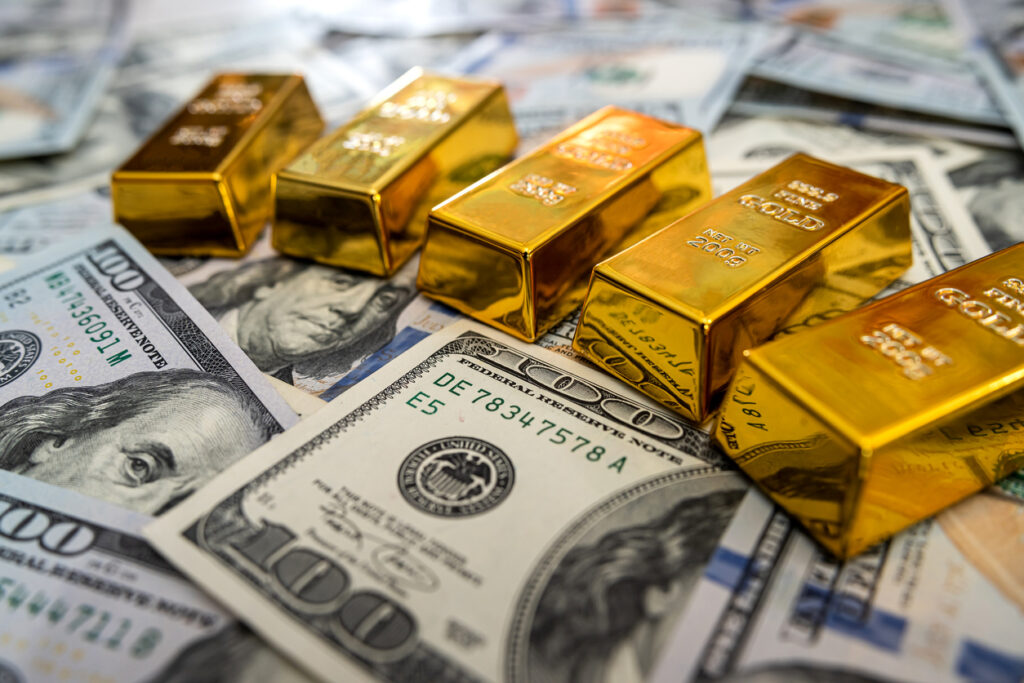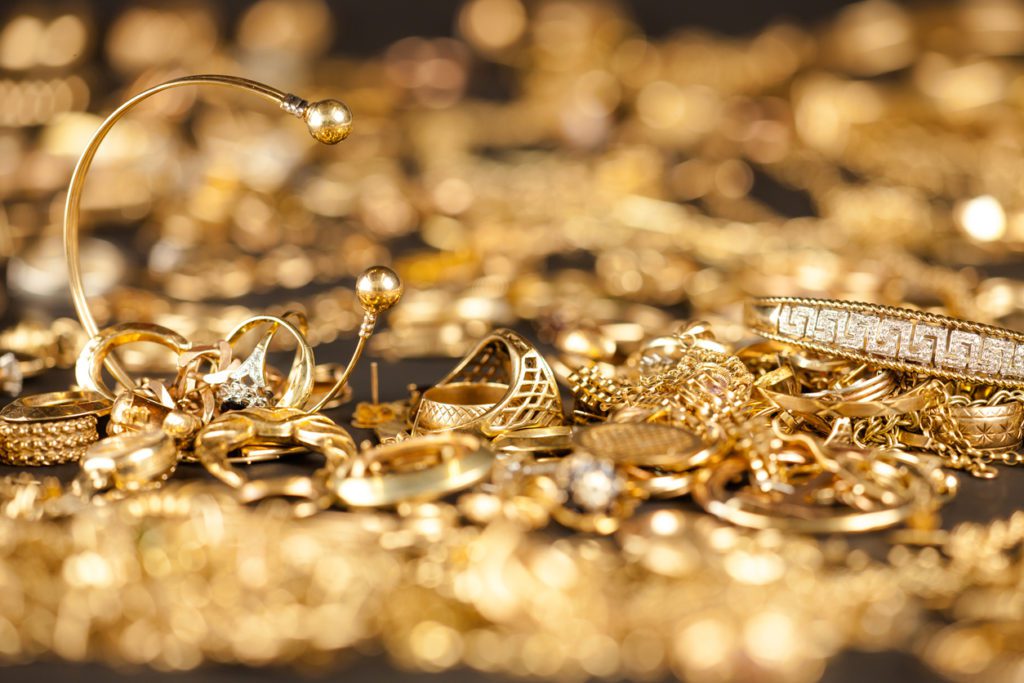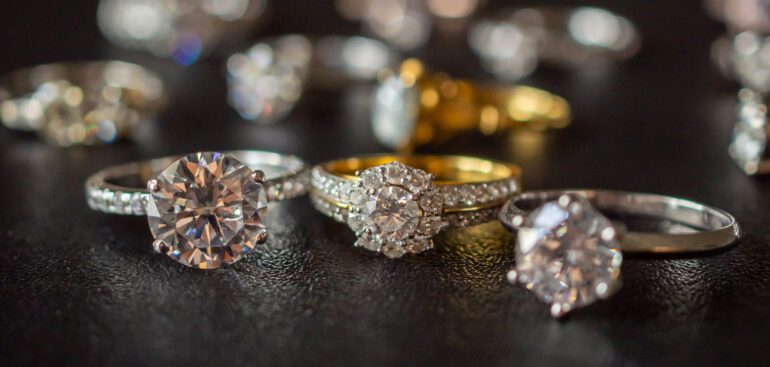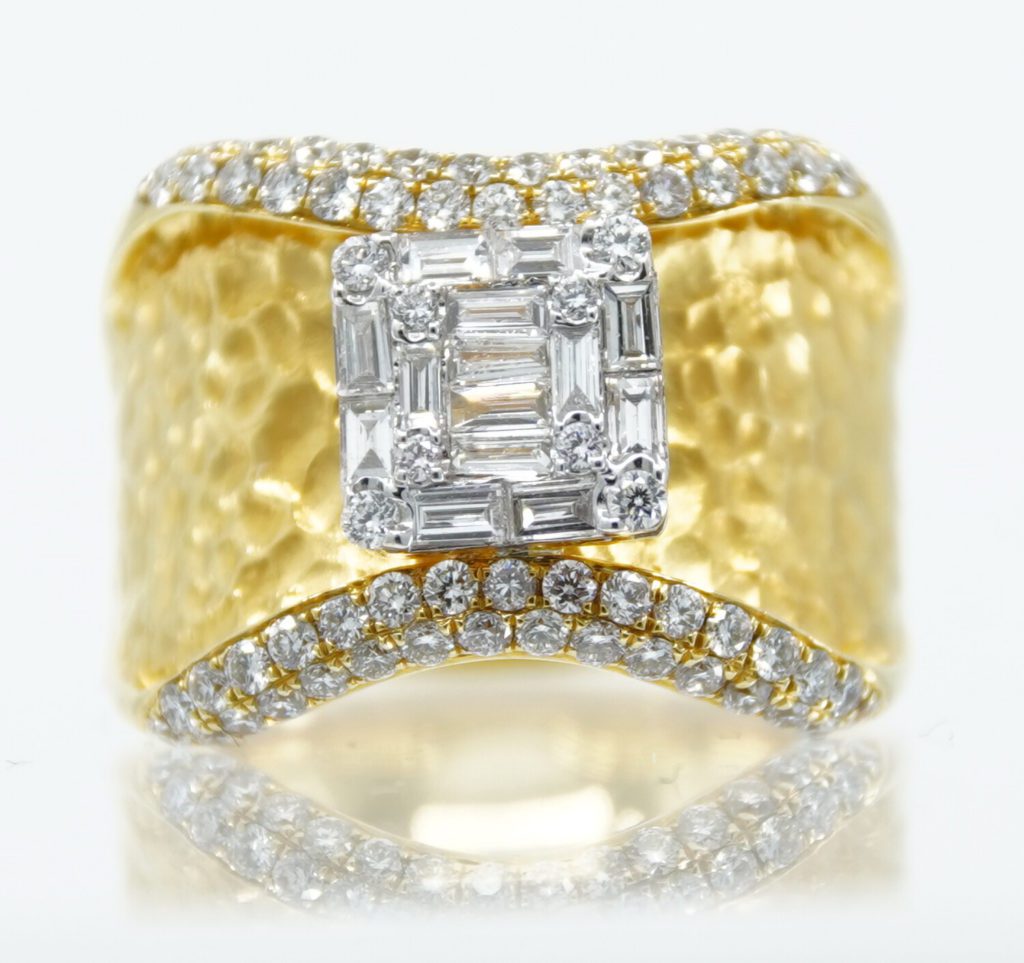Are you sitting on a treasure trove of unwanted gold jewelry? Perhaps you have old pieces that no longer match your style, or maybe you’ve inherited items that you simply don’t wear. Whatever the case may be, turning that gold into cash can be a smart financial decision. This guide will walk San Jose residents through the process of selling gold jewelry, ensuring you get the best value for your items.
Understanding the Value of Your Gold Jewelry
Gold jewelry can vary significantly in value based on several factors. Understanding these factors is essential for getting the best price when you decide to sell. The intrinsic value of gold is determined by its purity, weight, and the current market price of gold, which fluctuates regularly. Additionally, the sentimental value attached to certain pieces can also play a role in how much you might be willing to accept when selling. Family heirlooms, for example, may hold a price far beyond their material worth due to the memories and stories they carry.
In addition to these factors, the craftsmanship and brand of the jewelry can also influence its worth. Designer pieces or those with intricate designs may fetch a higher price than generic items, even if they contain the same amount of gold. The reputation of the jeweler or brand can add to the allure and value of the piece. For instance, jewelry from renowned designers like Cartier or Tiffany & Co. often commands a premium, not just for the gold content, but for the prestige associated with the brand.

How Gold Prices Are Determined in Today’s Market
The price of gold is influenced by various economic factors, including supply and demand, geopolitical stability, and market speculation. Investors often turn to gold as a safe haven during times of uncertainty, which can drive prices up. Conversely, when the economy is stable, gold prices may decrease. Seasonal trends can also affect gold prices; for example, demand often spikes during wedding seasons in various cultures, leading to temporary increases in price.
For those looking to sell gold jewelry, staying informed about current market trends can be beneficial. Websites and financial news outlets provide real-time updates on gold prices, allowing sellers to time their transactions for maximum profit. Additionally, understanding the historical price trends can provide insights into the best times to sell. Many sellers also benefit from utilizing online platforms that allow them to compare offers from multiple buyers, ensuring they receive a competitive price for their items.
Identifying Different Karats and Their Worth
Gold jewelry is measured in karats, with 24 karats being pure gold. Common karat values include 10K, 14K, and 18K, each representing a different percentage of gold content. For instance, 14K gold contains approximately 58.3% gold, while 18K gold contains 75% gold. The lower the karat, the more alloy metals are mixed with gold, which can affect both the color and durability of the jewelry. This is particularly important for buyers who may be looking for specific qualities in their gold jewelry, such as hypoallergenic properties or a particular hue.
When assessing the worth of your jewelry, it’s crucial to know its karat value. Higher karat gold is generally more valuable due to its higher gold content. A simple acid test or professional appraisal can help determine the karat of your pieces, ensuring you receive a fair offer when selling. Moreover, understanding the market for different karat values can also help sellers make informed decisions. For example, while 18K gold may be more sought after in certain markets, 14K gold is often favored in others due to its balance of durability and gold content, making it a popular choice for everyday wear.
Preparing Your Gold Items for Maximum Returns
Before heading out to sell your gold jewelry, taking some time to prepare your items can significantly impact the offers you receive. A little effort in sorting, organizing, and cleaning can make your pieces more appealing to potential buyers.
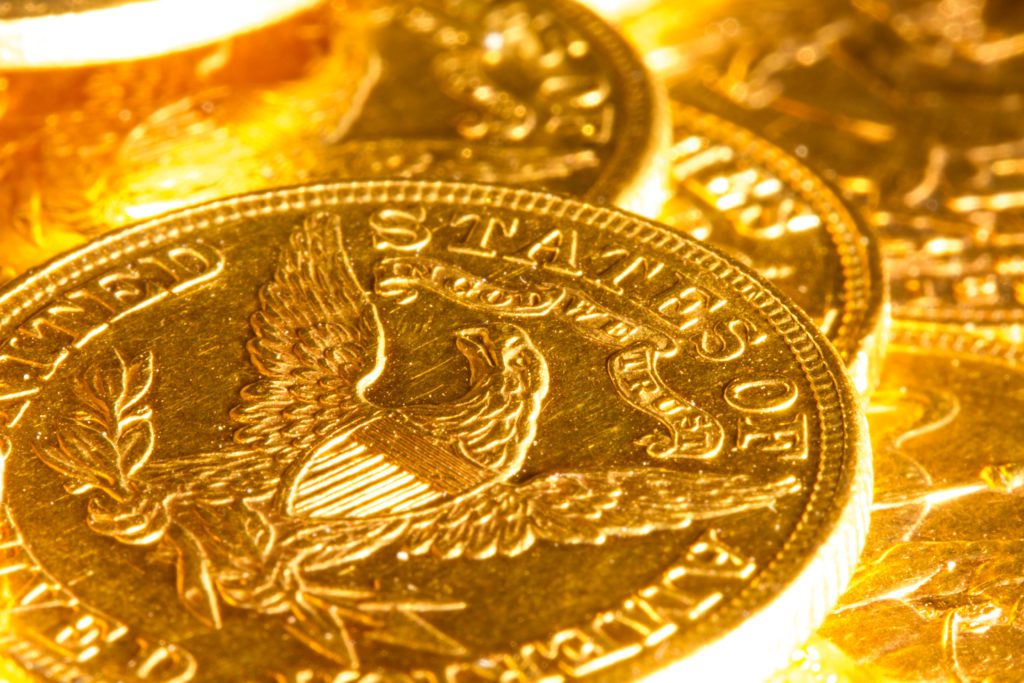
Additionally, having all necessary documentation, such as appraisals or purchase receipts, can help establish the value of your jewelry and reassure buyers of its authenticity.
Sorting and Organizing Your Jewelry Collection
Start by sorting through your jewelry collection. Separate items into categories based on their karat value, style, and condition. This organization will not only make it easier to assess the value of each piece but also help you present them more effectively to potential buyers.
Consider creating a list of your items, noting their karat values and any unique features. This list can serve as a handy reference during negotiations, ensuring you don’t overlook any valuable pieces. Additionally, documenting any historical significance or sentimental value associated with certain items can provide context that might resonate with buyers, making them more inclined to offer a higher price.
Cleaning and Presenting Your Gold Pieces Effectively
Presentation matters when selling gold jewelry. Clean your pieces gently using mild soap and water, and dry them thoroughly. Avoid harsh chemicals that can damage the finish or integrity of the gold. A well-presented piece can catch the eye of a buyer and potentially increase its perceived value.
When meeting with potential buyers, consider bringing your jewelry in a clean, organized case or pouch. This not only protects your items but also demonstrates that you take the sale seriously, which can positively influence the buyer’s perception. Furthermore, think about the setting in which you present your jewelry; a well-lit area can enhance the sparkle and shine of your gold pieces, making them even more enticing. If possible, showcase your items alongside complementary accessories, as this can help buyers envision how they might incorporate the jewelry into their own collections.
Finding Reputable Gold Buyers in San Jose
Once your gold jewelry is prepared, the next step is finding a reputable buyer. San Jose boasts a variety of gold buying businesses, but not all are created equal. Conducting thorough research can help ensure you choose a trustworthy buyer who offers fair prices.
Look for businesses with positive reviews and strong reputations in the community. Word of mouth can be a powerful tool; ask friends or family for recommendations based on their experiences. Online reviews and ratings can also provide insight into a buyer’s reliability and customer service.
Researching Local Gold Buying Businesses and Their Reputations
Start by compiling a list of local gold buyers in San Jose. Check their websites for information about their services, pricing policies, and any certifications they may hold. Reputable buyers often belong to professional organizations and adhere to ethical practices.
Don’t hesitate to reach out to these businesses with questions. A reputable buyer will be transparent about their processes and willing to answer any inquiries you may have. Take note of their customer service; a friendly and knowledgeable staff can make a significant difference in your selling experience. Additionally, consider visiting multiple buyers to compare their offers and see how they treat their customers. This can provide a clearer picture of who you feel most comfortable working with.
What to Expect During the Selling Process
When you visit a gold buyer, be prepared for the process. Typically, the buyer will evaluate your jewelry based on its weight, karat value, and current market prices. They may use a scale and testing tools to determine the gold content accurately.
Once the evaluation is complete, the buyer will present you with an offer. It’s essential to know the current market price of gold beforehand to gauge whether the offer is fair. If you feel the offer is too low, don’t hesitate to negotiate or consider other buyers. Remember, the selling process can also vary; some buyers may offer immediate cash, while others might provide a check or bank transfer, so it’s wise to clarify payment methods before proceeding. Additionally, inquire about any potential fees that could affect your final payout, as some businesses may deduct costs for refining or processing your gold.

Why R&J Jewelry and Loan is a Trusted Gold Exchange
For San Jose residents looking to sell their gold jewelry, R&J Jewelry and Loan stands out as a trusted option. With a solid reputation built on years of service, they prioritize customer satisfaction and fair pricing.
R&J Jewelry and Loan offers a transparent evaluation process, ensuring that sellers understand how their offers are determined. Their knowledgeable staff is always ready to answer questions and provide insights into the gold selling process, making it a comfortable experience for first-time sellers. The team takes the time to educate clients about the current market trends, gold purity, and the factors that influence pricing, which empowers sellers to make informed decisions.
Additionally, R&J Jewelry and Loan is committed to ethical practices, ensuring that all transactions are conducted fairly and transparently. This commitment to integrity has earned them a loyal customer base and positive reviews throughout the San Jose community. They also offer a range of services beyond gold exchanges, including appraisals and loans against jewelry, which further solidifies their position as a comprehensive resource for those in need of financial assistance.
Moreover, R&J Jewelry and Loan understands the sentimental value that jewelry can hold, often representing cherished memories and milestones. Their compassionate approach to transactions acknowledges this emotional aspect, providing a respectful environment where sellers can feel comfortable discussing their items. This sensitivity, combined with their professional expertise, creates a unique atmosphere that sets them apart from other gold buyers in the area.
In conclusion, turning unwanted gold jewelry into cash can be a rewarding experience for San Jose residents. By understanding the value of your items, preparing them effectively, and finding a reputable buyer, you can maximize your returns and enjoy the benefits of your hidden treasure. Whether you choose R&J Jewelry and Loan or another trusted buyer, taking these steps will ensure a smooth and profitable selling process.


